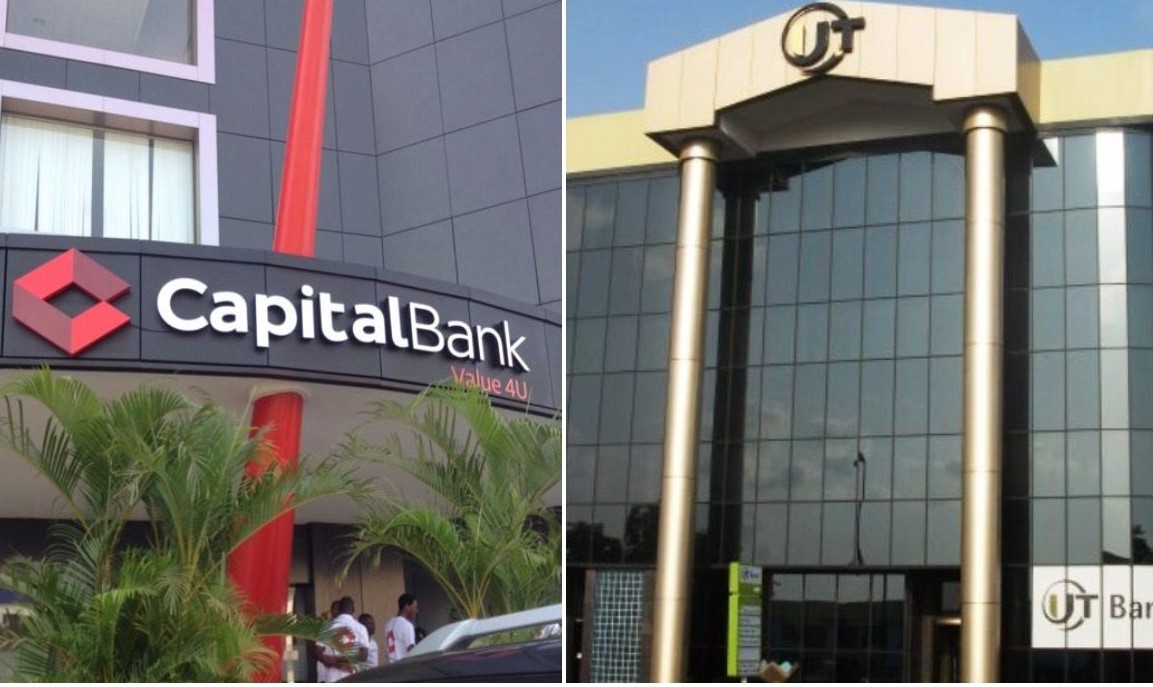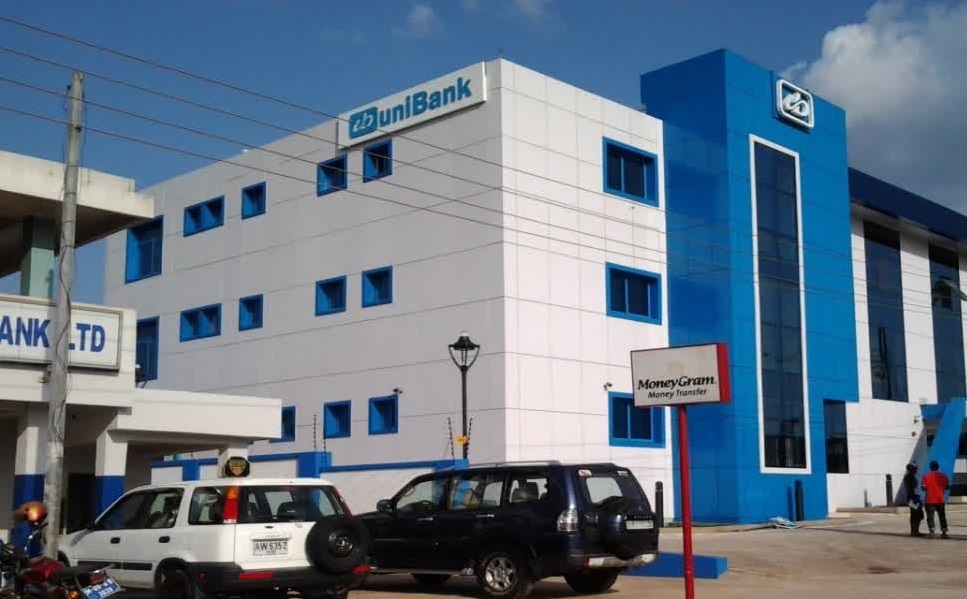Hello Dr. Governor,
I dare say that whereas the GHC400 million (US$88.5 million) minimum capital requirement (MCR) you have placed on banks is not a bad policy in and of itself, it is threatening to make Ghanaians mere spectators of the mainstream financial sector instead of major participants as President Nana Addo Dankwa Akufo-Addo charged us to be in his inaugural address.
Already, only 10 out of 34 banks in Ghana are
wholly-Ghanaian-owned (indigenous); and the threat that the US$400m requirement, particularly the deadline for payment, poses to these mostly young indigenous banks, make it ridiculously un-nationalistic, unpatriotic and indeed anti-local content and anti-Ghana.
Sir, let’s do a simple comparative analysis. The minimum capital for banks with a national scope in Nigeria is $70m. For similar banks in Kenya it is $50m. But in Ghana it is $88.5m (ghc400m). Meanwhile, the Kenyan and Nigerian economies are much bigger than ours.
Let’s just use even GDP alone. Nigeria’s GDP for instance, hit a whopping US$568.5 billion in 2014. Last year it was US$405.1 billion. In 2016, Kenya recorded US$70.53 billion GDP. In 2017 it was estimated by the World Bank to have grown by an additional 4.9 per cent. Ghana’s GDP in 2016 was around US$42.7 billion. At a reported growth rate of 8.5 per cent in 2017, Ghana’s GDP hit US$46.32 billion. So what is your point Mr. Governor? What makes you think indigenous banks can raise US$88.5million as minimum capital over such a short period in an economy like ours, when the richer mother companies of the Nigerian banks here are paying much less back home? It is not a secret that the foreign banks and foreign-local partnership banks can and or will fall on their mother companies abroad. So who does the BOG expect the relatively young indigenous banks to fall on?
What I find most anti-nationalistic, Sir, is the fact that you gave the younger indigenous banks, some of whom are less than five years old, the same deadline as the rich older foreign banks to pay the amount. The young indigenous banks are asking for extra time but you insist on not giving them any grace period, why? What are you seeking to achieve?
It is standard nationalistic practice to favour local companies over foreign ones. It is done everywhere and it was even done by your predecessors when they moved MCR to $60million previously. Why are you so bent on kicking Ghanaians out of the mainstream financial sector into the fringes – why Sir, why?
Meanwhile, in Nigeria, the government policy favours only local banks, such that the few foreign banks in Nigeria pay whopping US$280 million because government policy is intended to make it difficult for them to muscle out local ones. Not a single Ghanaian bank is in Nigeria but there are seven of them here. Are the folks at BOG sleeping or what? I am not picking on Nigeria banks but I want you, Mr. Governor to see how a nationalistic central bank in Nigeria thinks and acts in favor of locals and in the national interest. Ghana is not the only country where local banks have been distressed and or collapsed. Intercontinental Bank collapsed in Nigeria, but they did not punish everybody for it.

Why, do you want our indigenous banks to collapse or merge so that the local stake in the finance market is reduced into insignificance? Or maybe you want the indigenous banks to also welcome foreign investors so that the entire mainstream banking sector in Ghana will be owned by foreigners like we have done with telecoms and mining? What kind of wisdom is this Mr. Governor?
What will that do to our economy? What implications does that have for the ownership of our finance sector between now and your killer deadline? What about employment for locals within the sector, local content, and the major issues of capital flight and transfer pricing. Can’t you see you are risking profits in our mainstream financial sector being shipped out in droves?
Mr. Governor, you and your men and women at BOG must pinch yourselves and wake up from your sleep fast. This is shameful.
Even in the mining, oil, energy and telecoms sectors there is a wave towards significant local content in the mainstream. Why is BOG trying to make Ghanaians spectators of our own financial sector, when the President’s charge is for us to be participants and not spectators? Why is BOG subtly pushing locals out, or at best trying hard to reduce them into oblivion and obscurity in a sector that is really the gateway to the economy, the finance sector?
Mr. Governor, why are you so fixated on these IMF and World Bank “nonsense” to the detriment of our own people? And your Deputy Governor is asking indigenous banks to roll back into savings and loans companies. Really? How do you even make such a pedestrian suggestion and keep your job at such a high office as the Deputy Central Bank Governor of a country? Each of these indigenous banks used their banking licenses to help grow some SMEs to levels that the foreign banks would hardly do. You are now suggesting that these nationalistic banks, should abandon their banking licenses, go back and become a savings and loans companies so that they will not be able to support their clients to that high level any longer. How smart is that?

Please, Mr. Governor, no matter what your reasons are, you can not hold IMF and World Bank dictates in higher esteem above the national interest. You are not paid by IMF and World Bank. We pay you, and we are not paying you to come turn us into spectators of our own finance sector. Please quit this disingenuous move before you look back ten yours from now, when the entire sector is in the hands of foreigners, and bite your fingers in shame on your retirement.
I am aware the indigenous banks are willing to pay your ridiculously high GHC400m; all they are asking for is time to raise the money locally since they can not fall on foreign aid like their other counterparts. If you have an ounce of nationalism left in you, please use it and give them some breathing space. When you do, you would be saving Ghanaians from becoming slaves to our own financial sector.
Participatantly Yours.
Samuel Nii Narku Dowuona

